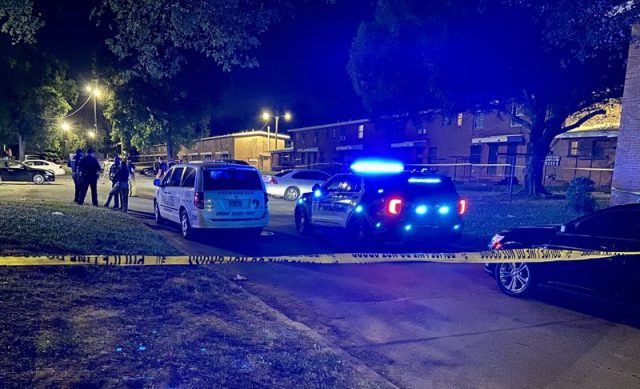By Ryan Michaels
The Birmingham Times
Birmingham City Council on Tuesday approved $500,000 to add a Credible Messenger program to the growing list of city-involved anti-violence initiatives.
The primary goal of the new program is to train some Birmingham residents to be directly involved in stopping violence before it happens, according to Clinton Lacey, president and CEO of the Credible Messenger Mentoring Movement (CM3) nonprofit, which is based in Washington, D.C.
“We can train and build the capacity of our community members to be active participants in promoting peace and intervening to prevent violence, and really, a longer-term process of walking, literally and figuratively, with people through a process of healing, restoration and connection to services,” Lacey told a Birmingham City Council’s committee-of the-whole last week.
Having community members trained to serve in this capacity is critical because they have “shared life experiences” with others who they can steer away from violence, Lacey said.
Those “shared” experiences include many who have experienced violence, “have been on both sides of that issue, have done harm, have been harmed, have suffered marginalization in the form of substance abuse, homelessness…the various issues that we know our communities face,” Lacey said.
After receiving intense training, four paid credible messengers through the first 18 months of the program and in the city. Additionally, CM3 will also train key city officials and other stakeholders.
One lead credible messenger will earn $52,000 per year, while three deputy credible messengers will be paid $48,000 per year.
LaTonya Tate, chair of the council’s Public Safety Committee, spearheaded the effort to bring CM3 to Birmingham and gave $200,000 of her district’s American Rescue Plan Act (ARPA) dollars to fulfill the $500,000 total, with the rest coming from the city’s operating budget.
Tate said the city has a number of good candidates ready to hit the streets, but it takes money to do this, “so I’m grateful and honored that I was able to put some ARPA dollars toward this and that the [city] was able also to invest,” Tate said.
Messengers are tasked with establishing trusting relationships with youth, teaching conflict resolution, promoting peace, helping youth to develop and carry out life plans and other mentoring tasks.
The program will focus on families already involved in Jefferson County’s RESTORE juvenile reentry program, as well as other youth in Jefferson County Youth Detention Center and their respective families.
Studies on similar credible messenger programs implemented by Lacey in New York City and Washington D.C. found reductions in the level of recidivism among the targeted populations, he said.
Because of the program’s success, Tate said, all that’s needed is to tailor it for Birmingham.
“We don’t have to reinvent the wheel. All we have to do is make it work for Birmingham right here,” she said.




